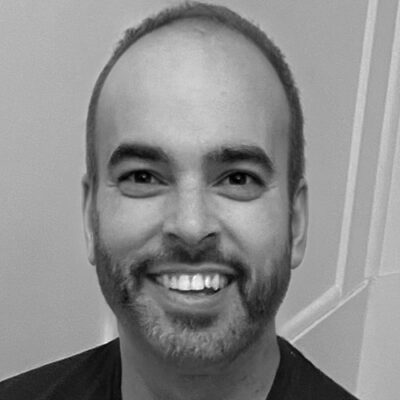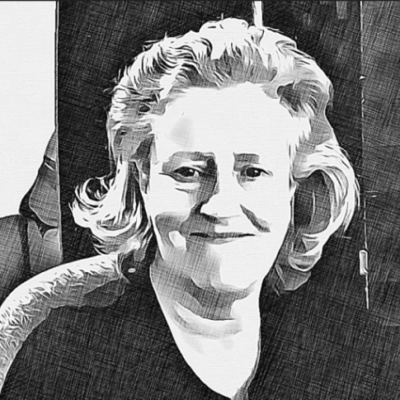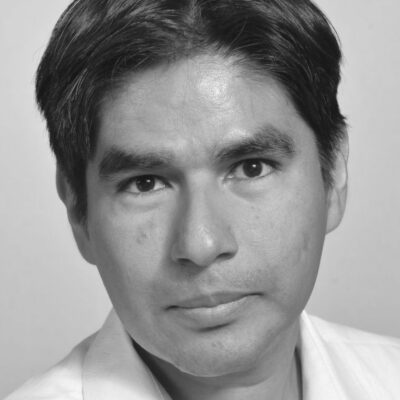DawsonAI Research Fellows
W2022 Cohort
Charles Le Guen
3D Animation & Computer Generated ImageryCharles Le Guen is the Chair of the 3D Animation & CGI department at Dawson College, where he has been a faculty member since 2013. For over twenty years, Charles has lived and worked around the globe, creating computer-generated visual effects for Hollywood feature films, video game cinematics, TV shows, and commercials. His current research…
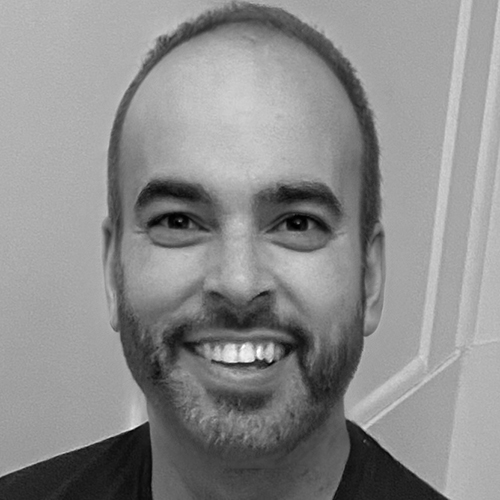
Charles Le Guen
Charles Le Guen is the Chair of the 3D Animation & CGI department at Dawson College, where he has been a faculty member since 2013.
For over twenty years, Charles has lived and worked around the globe, creating computer-generated visual effects for Hollywood feature films, video game cinematics, TV shows, and commercials.
His current research aims to explore the overlap of machine learning with the creative and applied arts.
Michel Fournier-Simard
Political ScienceMichel Fournier-Simard teaches in Dawson’s Political Science Department since January 2020. He is currently completing his Ph.D. at McGill University, where he specializes in algorithmic policing. His dissertation titled “The Politics of AI: the Case of Canadian Policing” focuses on Predictive Policing in Vancouver, Automatic Licence Plate Readers in Montreal, and AI-Induced Body-Worn Cameras. As the…
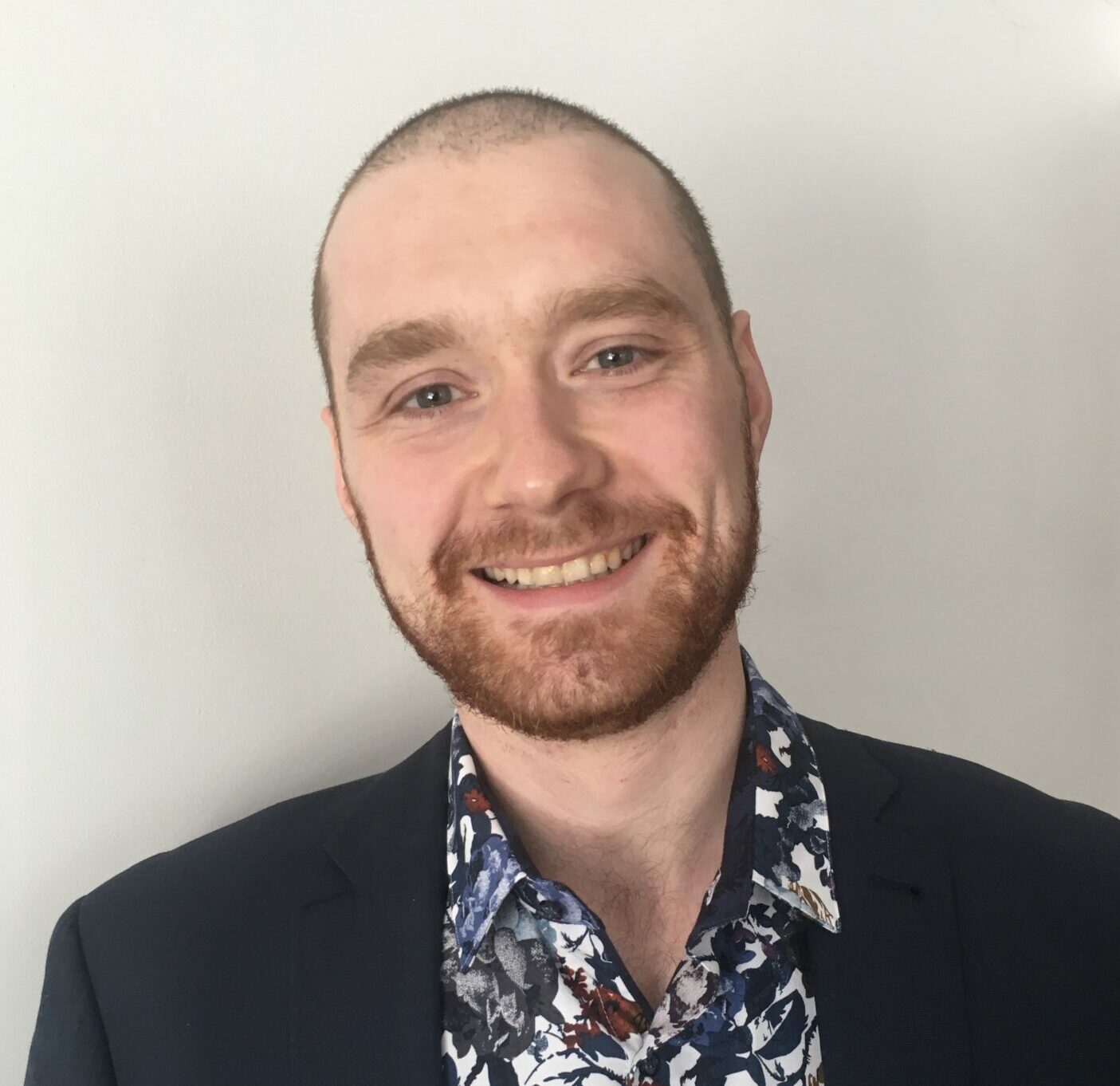
Michel Fournier-Simard
Michel Fournier-Simard teaches in Dawson’s Political Science Department since January 2020. He is currently completing his Ph.D. at McGill University, where he specializes in algorithmic policing. His dissertation titled “The Politics of AI: the Case of Canadian Policing” focuses on Predictive Policing in Vancouver, Automatic Licence Plate Readers in Montreal, and AI-Induced Body-Worn Cameras.
As the police enact the State monopoly of legitimate violence over a given territory, the way it engages with technological innovations to enhance this power - or not -, and how society responds, are crucial dynamics illustrative of the challenges AI poses for policymakers. When engaging with algorithmic policing, services must identify which products or services provide the best balance between optimized technical capacities and cost efficiency, while developing use policies addressing privacy, inequality, and unaccountability concerns. Michel dives into the sensemaking of police policy leaders, and the political consequences of their decisions.
Michel holds an MD degree in Comparative Political Sociology (Sciences Po - Paris), and a B.S. in Political Science & History. His doctoral research was notably supported by the Wolfe Chair in Scientific and Technological Literacy and the Social Sciences and Humanities Research Council of Canada.
W2021 Cohort
Anna-Liisa Aunio
SociologyAnna-Liisa Aunio teaches in the Sociology department at Dawson College and is the Coordinator of the Environmental Studies and Travel and Tourism profiles. After completing a Ph.D. in sociology at McGill University, she pursued research and community-linked projects in critical food studies. She currently directs the Dawson Food Justice and Sustainability Research Hub at Dawson…

Anna-Liisa Aunio
Anna-Liisa Aunio teaches in the Sociology department at Dawson College and is the Coordinator of the Environmental Studies and Travel and Tourism profiles. After completing a Ph.D. in sociology at McGill University, she pursued research and community-linked projects in critical food studies. She currently directs the Dawson Food Justice and Sustainability Research Hub at Dawson College and works with community partners on data collaboration as well as neighborhood planning and implementation of policies to transform local food systems towards just, sustainable food options for all Montrealers. She also works in smart city and data integration with a focus on the uses of machine learning and agent-based modeling for research and policy applications.
Myriam Rafla
Cinema-CommunicationsMyriam Rafla teaches in the department of Cinema Communications at Dawson College. Following an MFA in Film Production with a specialization in Scriptwriting from York University, she pursued a career in Quebec cinema with the cultural funding agencies as a script analyst at SODEC and Telefilm Canada. Myriam is currently completing a Ph.D. at Concordia…

Myriam Rafla
Myriam Rafla teaches in the department of Cinema Communications at Dawson College. Following an MFA in Film Production with a specialization in Scriptwriting from York University, she pursued a career in Quebec cinema with the cultural funding agencies as a script analyst at SODEC and Telefilm Canada. Myriam is currently completing a Ph.D. at Concordia University in Communication focusing on digital narratology and new media.
Patricia Campbell
Computer SciencePatricia Campbell is a member of the Computer Science Faculty. She has also taught in the Electro Tech Continuing Education. She has been teaching at Dawson College for over 25 years. Patricia has a BCompSci from Concordia University, and Performa MEd Diploma from Université de Sherbrooke. Also, long ago and far away, Patricia holds a…
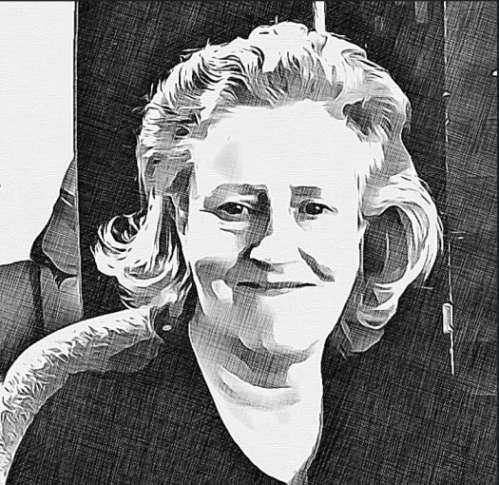
Patricia Campbell
Patricia Campbell is a member of the Computer Science Faculty. She has also taught in the Electro Tech Continuing Education. She has been teaching at Dawson College for over 25 years. Patricia has a BCompSci from Concordia University, and Performa MEd Diploma from Université de Sherbrooke. Also, long ago and far away, Patricia holds a DEC in Computer Science from Dawson College.
For the first part of Patricia's teaching career, she worked concurrently in the industry, in various positions. Her industry experience involves everything from Mainframe to IoT computing, including telecommunications infrastructure wired and wireless and systems development and deployment. As a result, Patricia has always emphasized the importance of computer science pedagogy to follow current developments in the industry, preparing students for ever-evolving careers.
Her current research interests include cloud-native software systems, development, management, and deployment. Parts of her research have been supported by ECQ grants received in 2020 and 2017. Her research focus is aimed at making the methods and ideas accessible to students, some of which can be found here: https://cloudnativeish.wordpress.com/
An important of Patricia's teaching philosophy involves trying to engage and ensure that a diverse and wide spectrum of humanity is involved in building the technology that underlies and is part of our day-to-day lives.
Victor Ponce
Computer ScienceVictor Ponce is a faculty member in the Computer Science department since 2019. He is a Ph.D. candidate in computer science at Sherbrooke University. His current research interests include software architectures, context-awareness, and language processing. Victor holds an MSc. in Distributed Systems from the Polytechnic University of Madrid (UPM), Madrid, Spain. He has participated in…
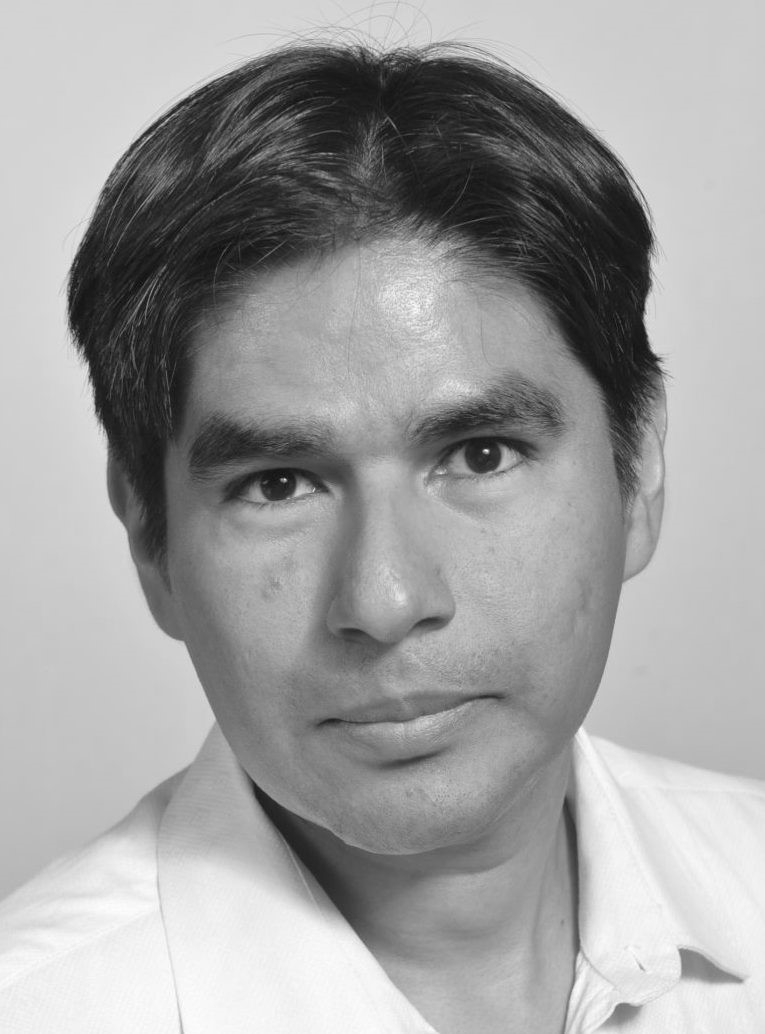
Victor Ponce
Victor Ponce is a faculty member in the Computer Science department since 2019. He is a Ph.D. candidate in computer science at Sherbrooke University. His current research interests include software architectures, context-awareness, and language processing. Victor holds an MSc. in Distributed Systems from the Polytechnic University of Madrid (UPM), Madrid, Spain. He has participated in IT/IS projects in different companies and collaborated in research projects on the Ambient Intelligence research team at Sherbrooke University. His interest in machine learning started after applying Natural Language Processing to improve the semantic processing of context in IoT scenarios.


